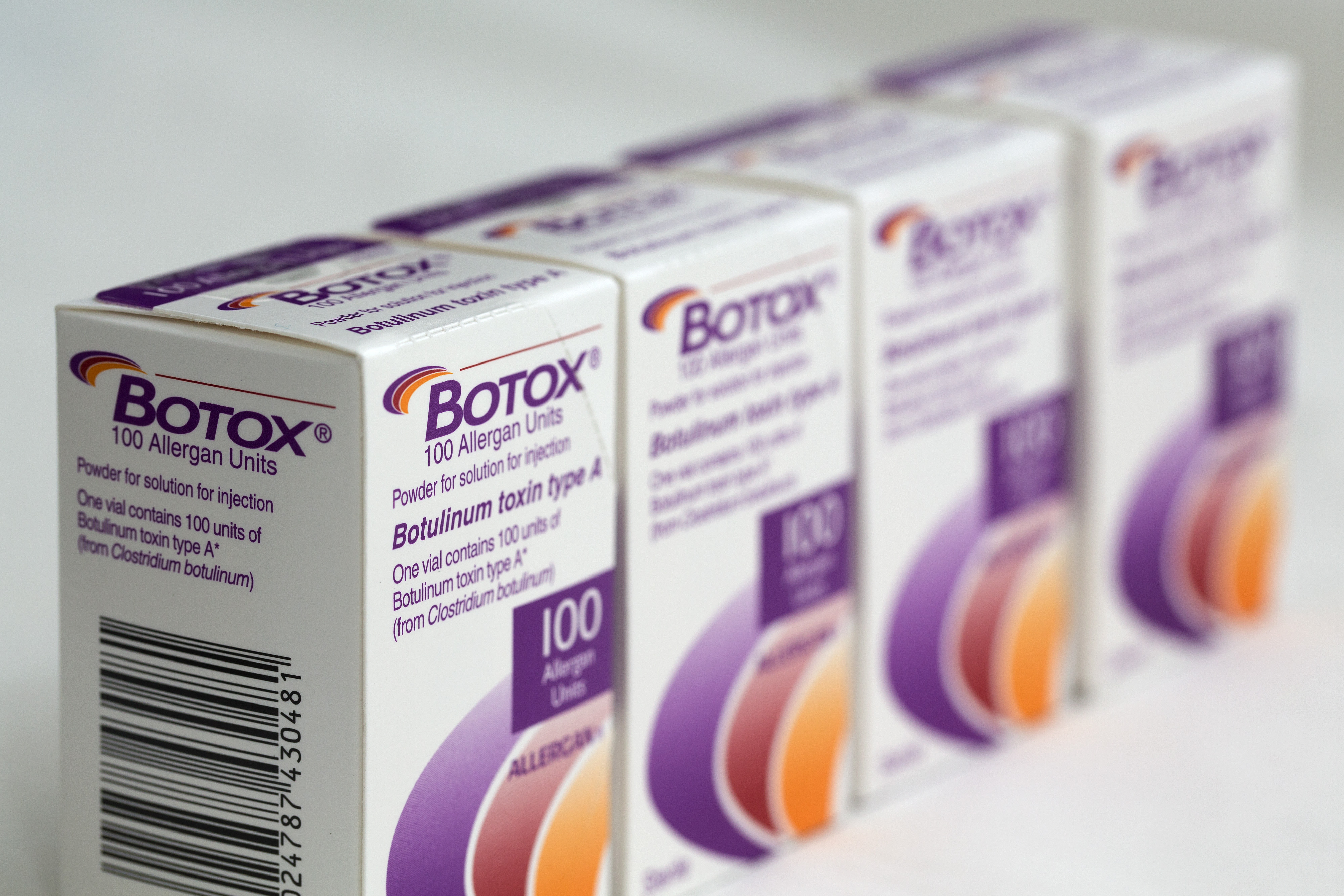Texas Gov. Greg Abbott (R) says early flu vaccines are a key component to the state's plan to manage the upcoming flu season amid an ongoing pandemic.
The governor made the announcement in Dallas Thursday following a roundtable discussion with experts from the University of Texas Southwestern Medical Center and Texas Department of State Health Services.
Abbott warned that the upcoming flu season could be prolific and lead to greater hospitalizations if strategies are not put in place to minimize the spread of influenza.
"If that leads to greater hospitalizations, coupled with the hospitalizations we see for COVID-19 you could easily see how hospitals in this region, as well as across Texas, could be completely overrun with an inability for the hospital to take care of the medical needs of everybody in the entire region," Abbott said.
One of the strategies recommended was for Texans to get a seasonal flu vaccine as early as possible with the hopes that fewer people are made ill or need treatment in a hospital.
"We do understand we are facing a challenge of a flu season unlike any other," said Dr. Daniel Podolskly, president of UTSW. "Because of the convergence with COVID-19 ... I can't emphasize too strongly your [the governor's] message of the importance this year of getting that vaccine early so that we do everything we can to diminish the overall impact of the flu and the potential stress it will place on our ability to provide all the care needed by the people in North Texas."
Health Connection
Get connected to a healthier life.
Beyond prevention through a vaccine, non-pharmaceutical interventions already in place to blunt the spread of COVID-19 should also serve to inhibit the spread of influenza. Interventions such as wearing masks, washing hands and physical distancing.
"I just want to echo the theme of prevention. We want to prevent COVID-19 from spreading in our communities. We want to prevent a really bad flu season from coming upon us," said Dr. John Hellerstedt, commissioner of the Texas DSHS. "Let's stay where we are in terms of the vigilance and the discipline for the measures to prevent COVID-19, and in doing so I hope we will have the very mildest flu season in history."
Hellerstedt added that the number of statewide hospitalizations for COVID-19 is dropping and that the trend must be sustained through the flu season if we hope to end the pandemic.
Abbott said other strategies involve increases in testing for both influenza and COVID-19 and that UTSW plays an important role in that. Currently, the hospital is performing about 3,000 tests per day and Abbott said they were working on strategies that would increase that capacity to as many as 15,000 tests per day. He hinted that other considerations were being discussed that could increase testing to 40,000 tests per day, but did not say how or when that might occur.
Of the testing capability in the state, Nim Kidd, the Chief of the Texas Division of Emergency Management, said Thursday that there are currently 1,700 COVID-19 testing sites across the state and that fewer than 50 of those are state-sponsored leaving most existing in the private sector.
Finally, PPE, or personal protection equipment, continues to be a premium. Abbott said the state has already issued 130 million masks, 33 million pair of gloves, 8 million gowns and 4 million face shields to healthcare providers and that an additional 60 million masks and 560,000 gallons of hand sanitizer have been provided to Texas schools. Abbott said more masks will be provided over the course of the school year.
Though the flu season is on the horizon, Abbott warned that "We are not at all anywhere close to being in a safe situation with COVID-19. People need to understand that just because COVID-19 numbers are improving in this region does not mean that COVID-19 has suddenly left the Dallas-Fort Worth area or the state of Texas or the United States of America. It still exists."
"Until we have treatments, anybody, anywhere has the ability to both spread and contract COVID-19 and can lead to the overrunning of hospitals as well as lead to the deaths that have been on a dramatic increase in the state of Texas.




